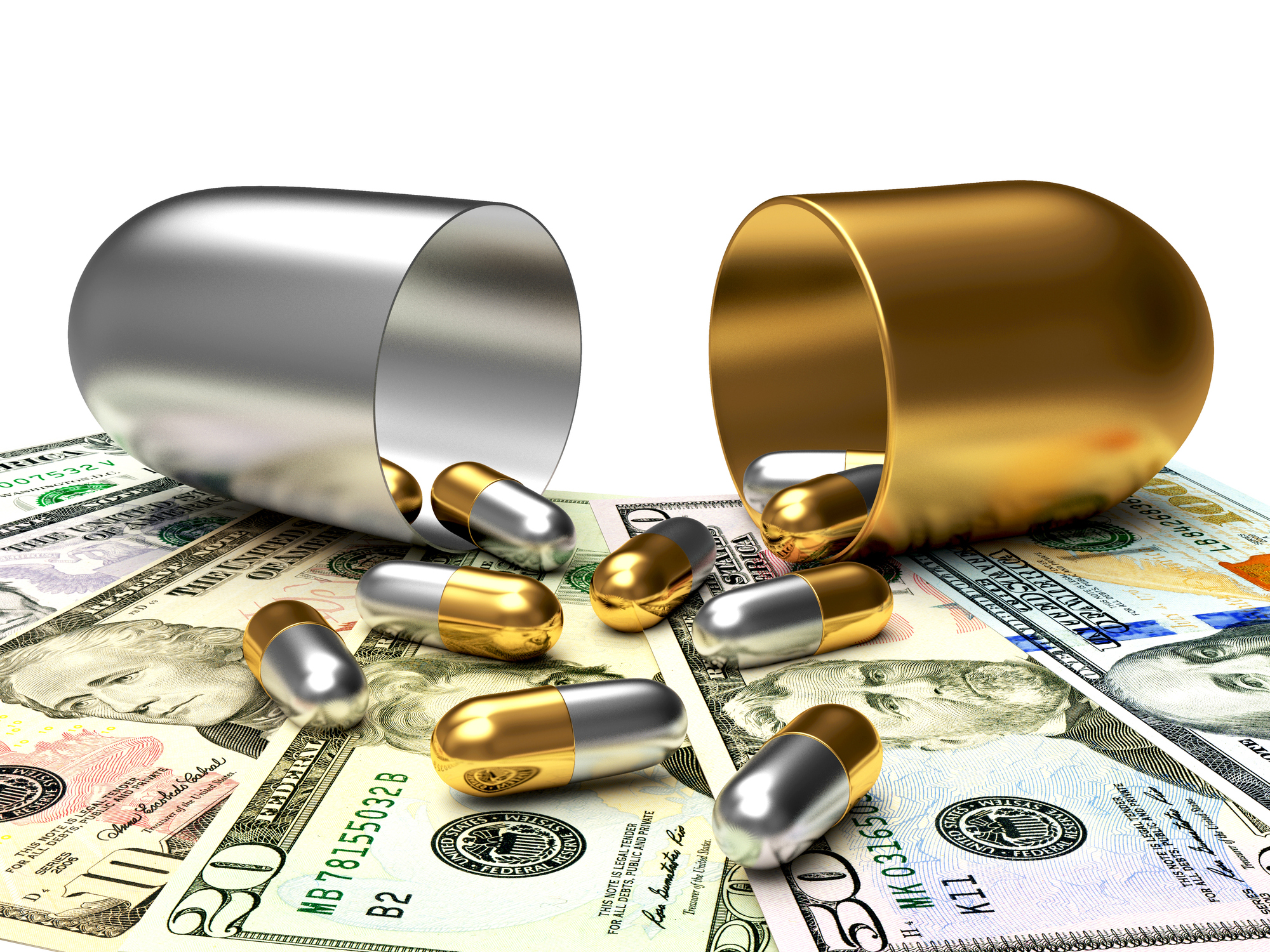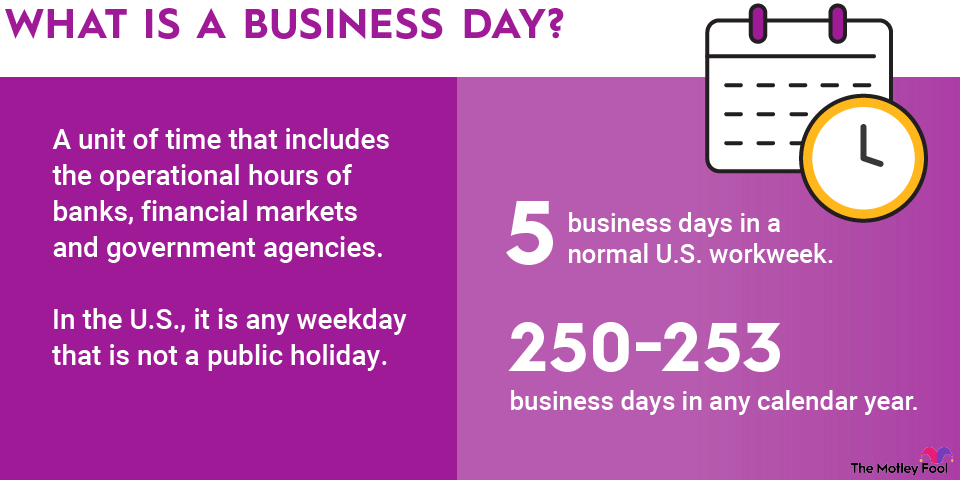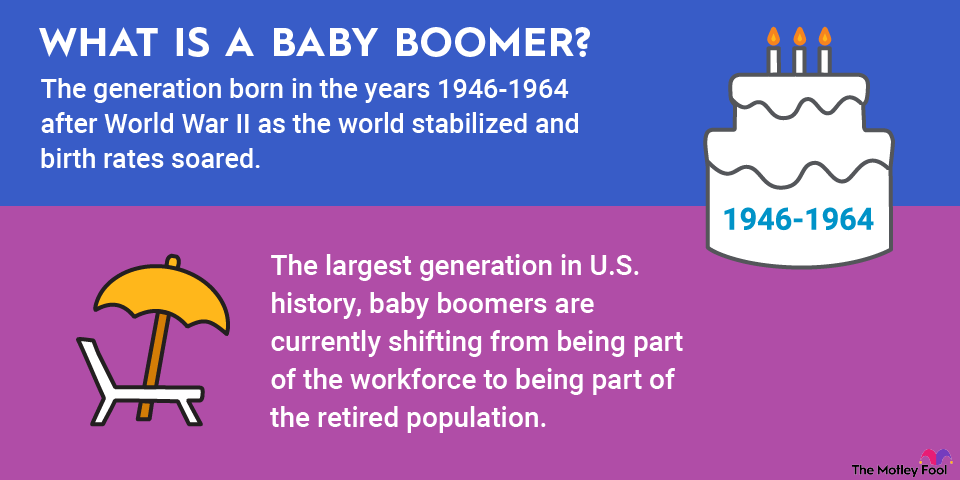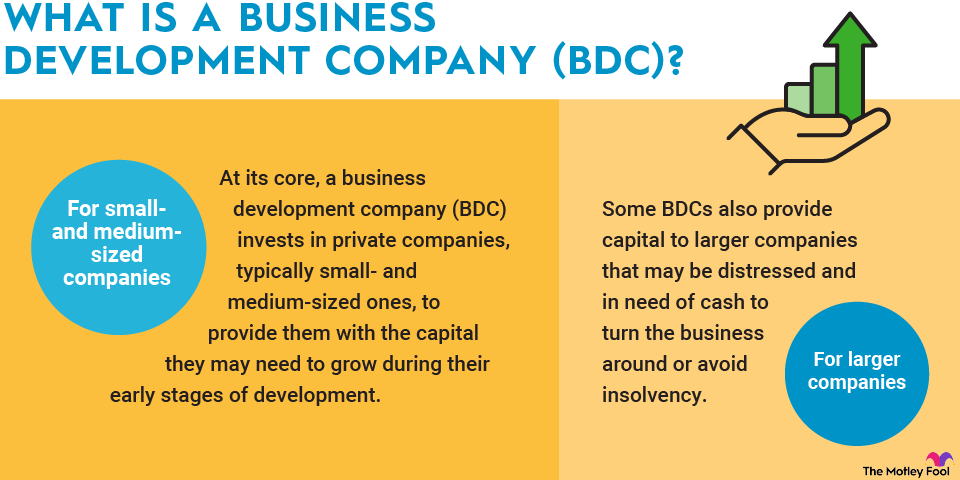If you're considering investing in pharmaceutical companies, it's important to understand some of the unique challenges they face. A good place to start is examining the role that biosimilars play in the pharmaceutical industry and how it can impact your company of choice. Read on to learn more.

What is a biosimilar?
Most people are very familiar with the concept of generic drugs, essentially identical copies of drugs that were once patented and are now free to be copied and sold by other companies. Biosimilars are like that, except that they apply only to a specific class of drugs called biologics.
Biologics, unlike other drugs, come directly from living organisms, which makes them difficult or impossible to directly replicate. That's where biosimilars come in. Instead of being identical copies, they follow the same instructions to get a similar result with a similar effect.
How long do drug patents last?
Drug patents generally are awarded for 20 years, but can be greatly extended, depending on the drug and the reason the extension is requested. There are some drugs that have had patents for decades. The Cornell Law Review found that the top 10 best brand-name drug patents have an average projected duration of 40.5 years.
This is important to keep in mind when you're considering investing in drug companies, since their financial viability is often dependent on their patents and their ability to continue to corner the market with blockbuster drugs.
Pros and cons of biosimilars
For consumers, biosimilars are hugely beneficial since they can considerably cut the cost of very expensive biologic drugs by providing competition, as well as a cheaper alternative. These drugs can cost thousands of dollars per month while under patent, making them inaccessible to customers who desperately need them.
That's where the balance lies. The downside to biosimilars is that they're not the same as the biologic drug that may have helped someone. Because they have subtle differences, they may affect people differently than the original biologic, such as introducing an allergy or simply being less effective.
Related investing topics
Why biosimilars matter to investors
Biosimilars matter a lot to pharmaceutical investors, especially if they're focused specifically on companies that make biologics. New biosimilars on the market create competition that may cause a significant drop in market share for a company or may drive the price of a company's medication downward, which can then cut into margins and profits. This, in turn, may affect the company's long-term prospects if it is struggling with the research and development of its next big thing.
On the other hand, if you hear of a company in the process of producing a biosimilar for a popular biologic drug, it could be a buying opportunity. Fortunes have been made in generic drugs. In the same way, if you pick a company that successfully wins enough market share in the biosimilar space, it could be a very good company with a long future.
Like with any sector, competition is an important element in business. If your pharma company doesn't have a next thing in the works, it may already be a problematic stock to own, even before the risk of a biosimilar being introduced by another company comes up. On the other hand, if you're looking for outside-the-box ideas for pharma companies, biosimilar producers could be a solid investment if they are able to win the hearts and minds of patients with difficult to treat diseases.



















